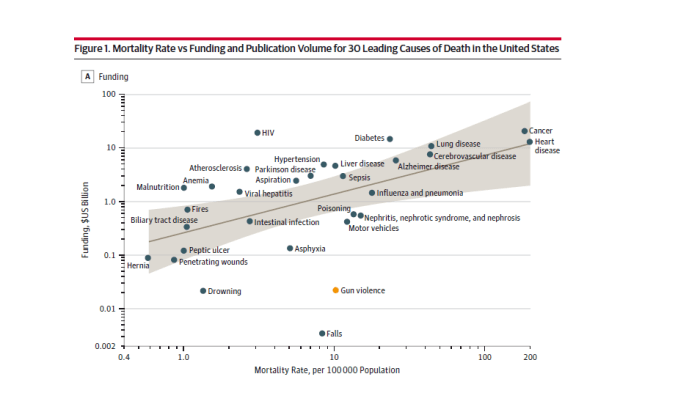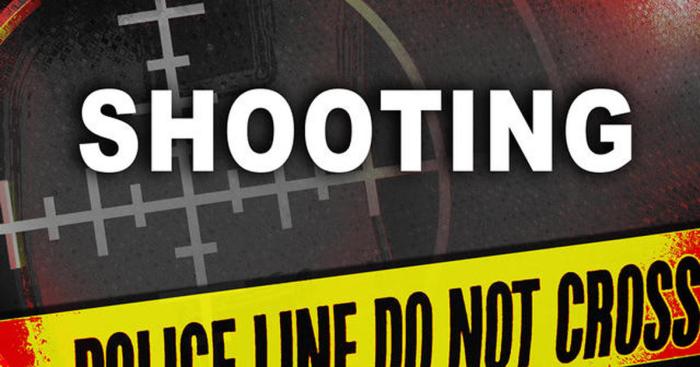Joking about violence should be treated as a warning sign, as it can indicate underlying issues that may lead to harmful behavior. Understanding the reasons behind such jokes, recognizing them as potential red flags, and responding appropriately are crucial for promoting a culture of respect and non-violence.
Understanding the Significance of Joking about Violence
Joking about violence is a prevalent phenomenon that warrants attention due to its potential implications for individuals and society as a whole. Understanding the reasons behind such jokes and their interpretations is crucial for developing effective strategies to address the issue.
Individuals may resort to joking about violence for various reasons, including:
- Coping with personal experiences or traumas related to violence.
- Expressing aggression or hostility in a socially acceptable manner.
- Gaining attention or eliciting a reaction from others.
- Deflecting or minimizing the seriousness of violent acts.
Violent jokes can take different forms, such as:
- Physical violence jokes (e.g., “I’m going to punch you in the face.”)
- Weapon-related jokes (e.g., “I’m going to shoot you with my gun.”)
- Sexual violence jokes (e.g., “I’m going to rape you.”)
- Hate-speech jokes (e.g., “I’m going to kill all the [insert group here].”)
The acceptability of violent jokes can vary significantly depending on social and cultural factors. In some contexts, such jokes may be considered harmless or even humorous, while in others they may be seen as offensive or threatening.
Recognizing Joking about Violence as a Warning Sign

Joking about violence can serve as a warning sign, indicating a potential for violence or other harmful behavior. It is important to be able to recognize such jokes and take appropriate action.
Warning signs may include:
- Repeated or persistent joking about violence, especially if it is becoming more graphic or threatening.
- Joking about violence in response to specific events or situations, such as arguments or conflicts.
- Joking about violence in a way that is out of character or inappropriate for the context.
- Statements or behaviors that suggest the individual may have access to or be planning to use weapons.
- Threats of violence, even if they are made in a joking manner.
It is important to take joking about violence seriously, even if it is not intended as a threat. Individuals who make such jokes may be struggling with underlying issues or have a distorted perception of violence. Taking appropriate action can help prevent harm to themselves or others.
Assessing the Risk Associated with Joking about Violence

To effectively respond to joking about violence, it is essential to assess the risk associated with such behavior. This involves considering various factors:
- Context:The context in which the joke is made can provide clues about its potential for harm. For example, a joke made in a private conversation is less likely to be harmful than one made in a public setting.
- Individual’s history:Individuals with a history of violence or aggressive behavior are more likely to pose a risk if they are joking about violence.
- Target of the joke:The target of the joke can also influence the risk. Jokes directed at specific individuals or groups may be more likely to cause harm.
By carefully assessing these factors, it is possible to determine whether a joke about violence is a harmless expression or a sign of a more serious issue.
Responding Appropriately to Joking about Violence: Joking About Violence Should Be Treated As A Warning Sign

When someone makes a joke about violence, it is important to respond appropriately. The following steps can help:
- Address the behavior directly:Let the individual know that their joke is not acceptable and explain why. Be clear and respectful, but also firm.
- Maintain safety and respect:Ensure your own safety and the safety of others. If you feel threatened, remove yourself from the situation and contact authorities if necessary.
- Seek professional help:If you are concerned about the individual’s potential for violence, encourage them to seek professional help. Provide them with resources and support.
Responding appropriately to joking about violence can help prevent harm and promote a culture of respect and non-violence.
Creating a Culture that Discourages Joking about Violence

To reduce the prevalence of joking about violence, it is essential to create a culture that discourages such behavior. This involves:
- Education:Educating individuals about the potential consequences of joking about violence can help change attitudes and behaviors.
- Awareness campaigns:Raising awareness about the issue through public campaigns can help normalize discussions about violence and its impact.
- Community involvement:Encouraging community involvement in addressing violence can create a sense of ownership and responsibility.
By working together, we can create a culture that values respect and non-violence, where joking about violence is unacceptable.
Essential FAQs
Why is joking about violence a warning sign?
It can indicate underlying issues such as aggression, desensitization to violence, or a lack of empathy.
What are some examples of behaviors that may indicate a potential for violence?
Threatening or aggressive language, glorifying violence in media or conversations, or making jokes that normalize violence.
How should I respond to someone joking about violence?
Address the behavior directly, express concern, and encourage them to seek professional help if necessary.